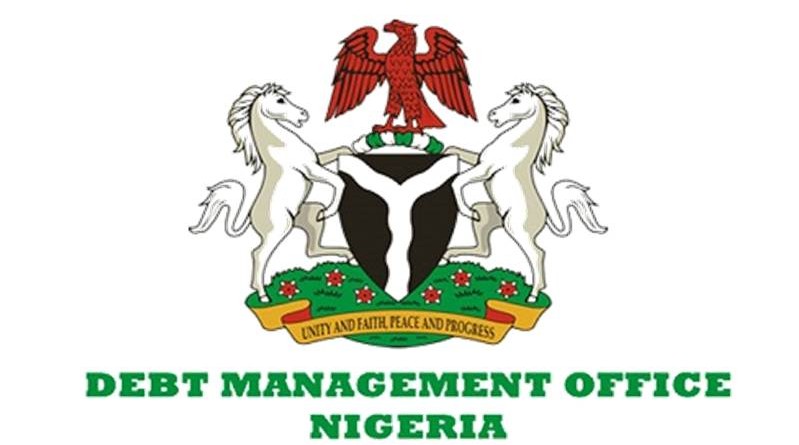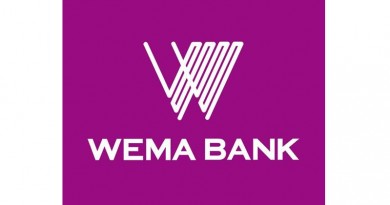Nigeria’s Debt Stock rose to N46.25 Trillion in December 2022, An Increase of N6.7 trillion
Data from the Debt Management Office show that as of December 2022, Nigeria’s overall debt stock was N46.25 trillion, made up of N18.7 trillion ($40.4%) in external debt and N27.55 trillion ($59.56%) in domestic debt. This reflects an increase of N6.69 trillion (16.9%) over the N39.56 trillion recorded for December 2021 and an increase of N2.18 trillion (4.96%) over the same period in 2022. The country’s debt obligations and service expenses increase as a result of fresh borrowings made to cover budget shortfalls and the issuance of promissory notes to settle government commitments. For instance, with a population of 216 million individuals, the debt to GDP ratio has now climbed to 23.20%, and the debt per capita is N213,430.
Despite remaining below the limits of 55 percent recommended by the World Bank and IMF, 70 percent suggested by ECOWAS, and 40 percent self-imposed, Nigeria’s total debt stock has steadily increased significantly. This raises serious questions about the sustainability of the country’s debt as well as its fiscal vulnerability due to low revenue generation, ineffective source diversification, and ongoing exposure to shocks in the global oil market.
Therefore, the government ought to give significant thought to reducing debt purchases, especially for non-investment expenses. In addition, actions that would increase oil output should be adopted, such rebuilding the infrastructure of the crippled refineries and cutting income leaks. Therefore, the government should place a high focus on economic diversification in order to boost revenue generation and reduce its reliance on debt to fund government spending. SOURCE: Center for Study of the Economies of Africa (CSEA)




